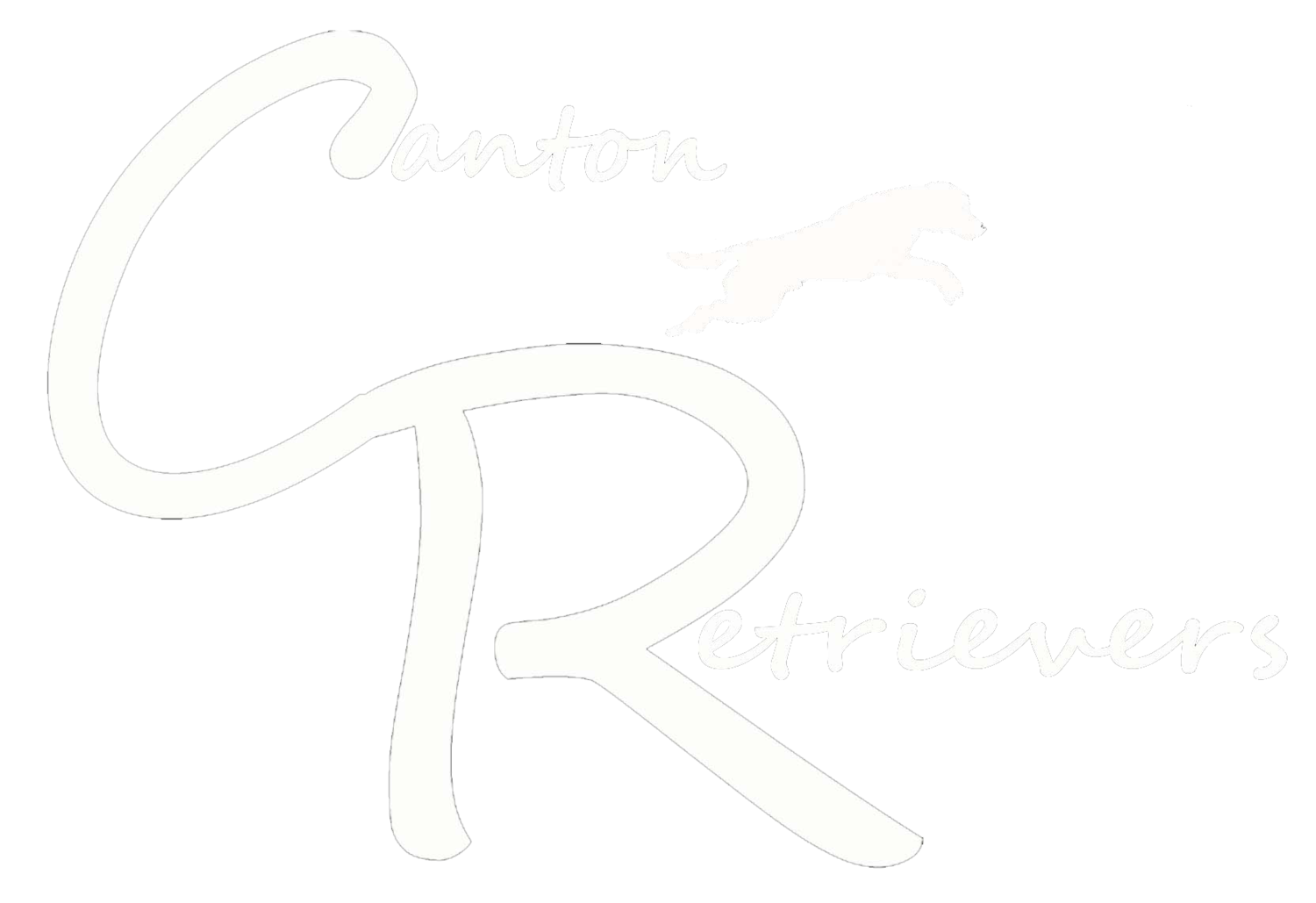A dog that understands the relationship with it’s handler will be a working relationship is set up for success. An early introduction to this team effort is essential. A strong emphasis in the beginning will allow the dog to understand a focus on the team and themselves individually to complete team goal.
Day 1 - Establish the Relationship
Bring puppy home and introduce them to their environment. Where they will be eating and drinking. In this time I’ll make sure the dog understands that I’m giving them nourishment. This isn’t just by tossing food into a bowl and leaving them. I’ll wait for the puppy to come to me, and hand feed them 2-3 kibbles at a time. I’ll also give a recognition marker in the word, “Good,” to give a positive meaning to this word. This “good” recognition marker will be utilized the rest of the dog’s life in training.
Set the puppy up for success. Give the puppy opportunities where it’s distraction free and focused on me as their handler. This is a great time to build the bond and the relationship. What you do depends on the type of dog. If you have a duck dog, a great way to burn that puppy energy is short games of isolated fetch in a hallway. I’ll have a pigeon planted in the yard and an upland puppy on a check cord for bird exposure. Start to pull on the genetics built into the dog you’ve invested in starting day 1.
Day 1 - Training Structure
Daily consistency is absolutely key in training. Every day in a brand new puppy’s life shouldn’t be as structured as boot camp, but it should follow the same daily routine. This repetition of daily training sets the puppy up for success and allows for a new puppy to have little surprises in its day to day life. A puppy that understands the daily routine will begin to build boldness and confidence. This is key in building a strong hunting dog and companion. But it’s also about training session length multiple times a day.
“I’d rather have three 5 minute sessions of success than one 15 minute session that ends in a failure.”
A typical puppy has five minutes of attention, 10 max. If a puppy looses focus, there’s no point in trying to continue training at this time. When you see the puppy loose the focus, and it will, this is a great time for the pup to go back into its kennel. The puppy can recharge and come back out for a later scheduled training session with rest and new focus. A pro tip - if I note the puppy was good for seven minutes of focused training - I’ll schedule five minutes of training to ensure a strong success at the end of the training.
Day 1 - Let the Puppy be a Puppy
Create and shape environments to enhance and build the behaviors you want from the dog later down the road. At this stage of the life we are building the foundation for the working relationship more than anything else. But it’s important to note that your 8 week old puppy is the equivalent of an infant. This timeframe is critical to developing thought processes and simply allowing the puppy to play and goof off.
Make sure you’re allowing the puppy three to four times a day to come out and play. This means no structured training - just supervised free running and play time. This is a great time to have the family play with the puppy, but correct any unwanted behaviors immediately. Remember, this isn’t a training environment. Rather a time to lay around in the grass with your new companion and scratch those big floppy ears.

